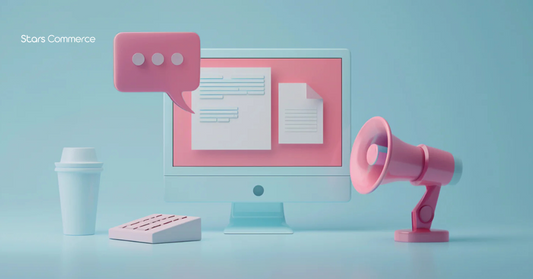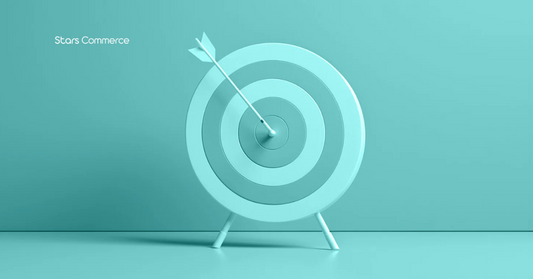Did you know 70% of online shoppers abandoned their carts in 2024? Why would someone spend time adding products to their cart just to fall off the customer journey map right at the last second?

What is the Customer Journey?
The customer journey is the series of interactions a customer has with a brand, product, or business as they become aware of a pain point and make a purchase decision. While the buyer's journey refers to the general process of arriving at a purchase, the customer journey refers to a buyer's purchasing experience with a specific company or service
Customer Journey vs. Buyer Journey
The Buyer's Journey typically emphasizes the stages a potential customer goes through specifically in the process of making a purchase. This journey typically includes three main stages:
-
Awareness Stage: The buyer becomes aware of a problem or a need that can be solved by a product or service.
-
Consideration Stage: The buyer defines their problem or need and researches available solutions. They compare different options and evaluate which one best meets their requirements.
-
Decision Stage: The buyer makes a final decision and completes the purchase.
On the other hand, the Customer Journey is a broader term that encompasses the entire relationship between a customer and a business. It starts from the initial awareness and goes beyond the purchase, covering post-purchase interactions and ongoing engagement. The Customer Journey includes stages like:
-
Discovery and Awareness: The customer becomes aware of the brand, product, or service.
-
Research and Consideration: The customer evaluates different options and considers the brand's offerings.
-
Purchase: The customer makes a purchase decision and completes the transaction.
-
Post-Purchase Experience: The customer engages with the product or service after the purchase, and the business aims to provide ongoing support and value.
-
Loyalty and Advocacy: The customer becomes a repeat customer and may advocate for the brand, recommending it to others.
Customer Journey Stage

-
Awareness:
The journey begins with the customer becoming aware of a brand or product. This initial phase is all about making a positive and memorable first impression. Whether through marketing efforts, word of mouth, or other channels, businesses aim to capture the attention of potential customers and introduce them to their offerings.
-
Consideration:
Once aware, customers enter the consideration phase. Here, they actively explore and evaluate different options. Businesses need to provide detailed information about their products or services, showcase unique selling points, and address customer pain points. Clear communication and transparency play a crucial role in guiding customers through this stage.
-
Decision:
The decision phase is the moment of truth where customers make their final choice and commit to a purchase. This is where businesses can influence the decision through compelling offers, exceptional customer service, and a seamless buying experience. Providing reassurance and building trust at this stage can tip the scales in favor of the brand.
-
Retention:
The journey doesn't end with a purchase; it evolves into the retention phase. Retention is about keeping customers engaged and satisfied after the initial transaction. Businesses can achieve this by providing ongoing support, personalized communication, and valuable resources. The goal is to turn a one-time customer into a repeat customer.
-
Loyalty:
The ultimate goal of the customer journey is to cultivate loyalty. Loyal customers not only continue to support the brand but also become advocates, recommending the product or service to others. To foster loyalty, businesses should consistently deliver exceptional experiences, offer exclusive perks, and maintain a strong connection with their customer base.
Conclusion
In conclusion, unraveling the intricacies of the customer journey is pivotal for businesses aiming to forge lasting connections with their audience. By navigating through the stages of Awareness, Consideration, Decision, Retention, and Loyalty, companies can craft tailored strategies to meet the unique needs of their customers at every turn.
I hope this exploration into the customer journey has provided valuable insights and clarity on how each phase contributes to building a strong and enduring relationship with your audience. Remember, the journey doesn't end with a sale; it evolves into a continuous cycle of engagement and loyalty.
For more in-depth marketing insights, stay tuned with us. Follow our updates to discover the latest trends, strategies, and tips to elevate your brand's presence and create meaningful customer experiences. Thank you for joining us on this journey, and we look forward to sharing more valuable insights with you in the future!



